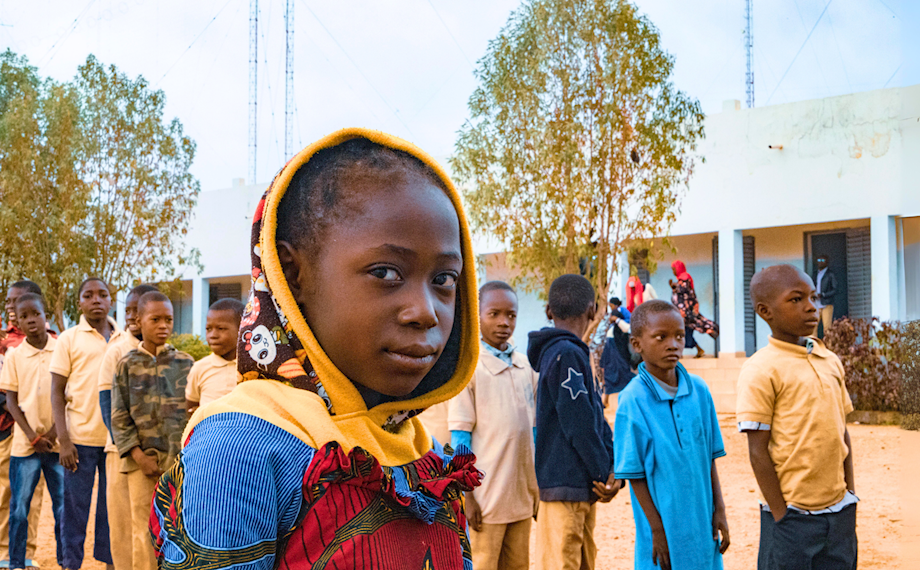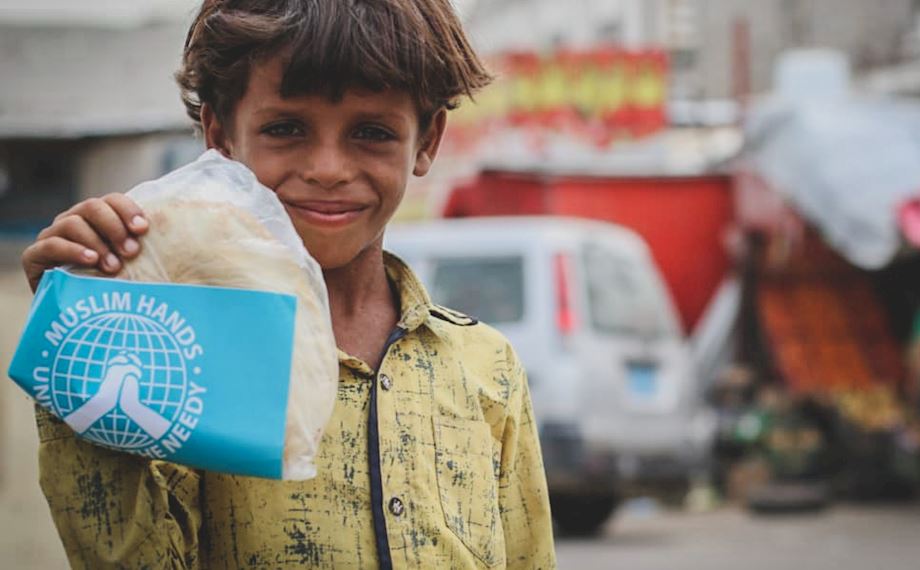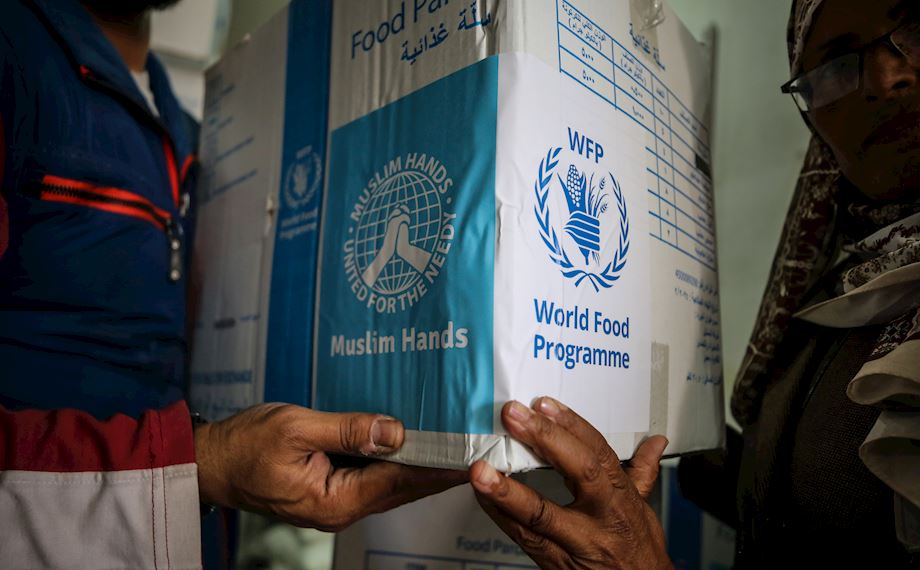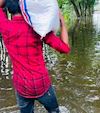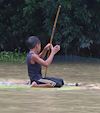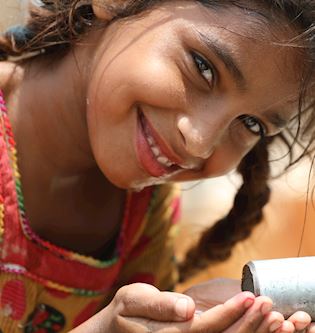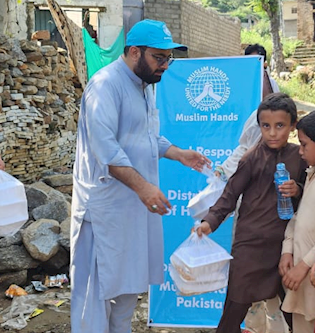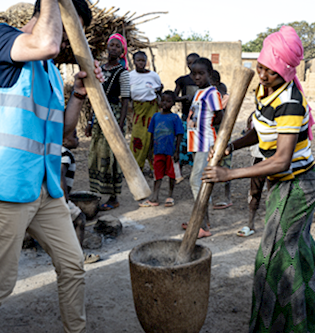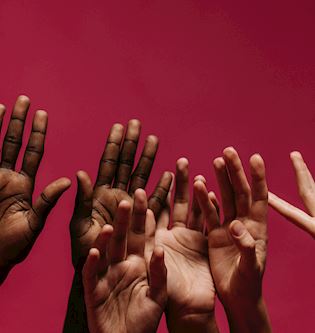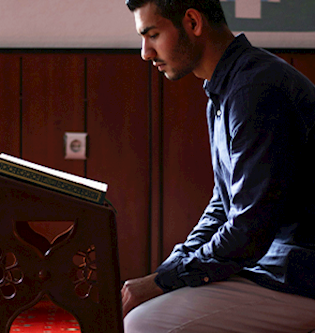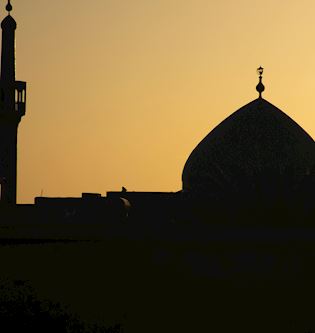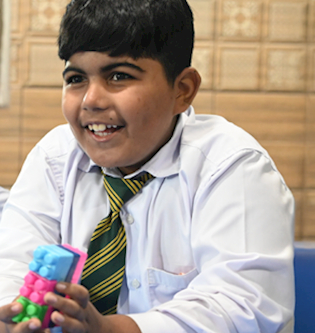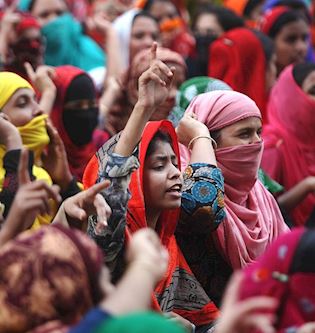The significance, lessons and blessings of Rabi’-ul-Awwal

When is Rabi’-ul-Awwal?
Rabi’-ul-Awwal is the third month of the Islamic calendar, following Muharram and Safar. This year, the month begins Wednesday, 4th September, 2024.
What does Rabi’-ul-Awwal mean?
The literal meaning of Rabi’-ul-Awwal is ‘the first spring’, but this has no relevant meaning today, because the Islamic calendar follows the moon rather than the solar seasons.
Why is Rabi’-ul-Awwal important to Muslims?
Three significant events occurred during this month.
- The birth of Prophet Muhammad (saw):
The Prophet (saw) was born in Makkah on a Monday in Rabi’-ul-Awwal, though narrations differ on the exact date. His birth had been anticipated for a long time with Isa (as) mentioning it to his people five centuries earlier:
’And remember when Isa, the son of Maryam, said, “O Children of Israel! I am the messenger of Allah [sent] to you, confirming the Torah (Law) [which came] before me, and giving glad tidings of a Messenger to come after me, whose name shall be Ahmad”’. (Qur’an, 61:6)
Ibrahim (as) and Isma’il (as) had also prayed for the Prophet’s (saw) birth when they were rebuilding the Ka’bah:
‘Our Lord send among them a messenger from themselves who will recite to them Your verses and teach them the Book and wisdom and purify them. Indeed, You are the Exalted in Might, the Wise’. (Qur’an, 2:129)
Muhammad’s (saw) arrival was much anticipated, and it was widely recognized that he was a blessed and special child. Even his name was unique and unheard of at the time, meaning ‘one who is praised’.
His (saw) mother, Aaminah, was conscious of a light within her when she was pregnant with him, which one day shone from her so intensely that she could see the castles and palaces of Syria. (Ibn Ishaq)
The Prophet’s (saw) foster mother, Halimah, had been hoping for a rich child to nurse, because her family was suffering from drought. Nevertheless, she took fatherless Muhammad (saw) as her foster child, and her family were blessed for years afterwards:
- The Hijrah of the Prophet (saw)
The Prophet (saw) and his Companion, Abu Bakr (ra), immigrated from Makkah to Yathrib during Rabi’-ul-Awwal. This event is known as the Hijrah, and we date the Islamic calendar from it (the first year they spent in Madinah was the first Islamic year). The Islamic year is denoted by ‘AH’, which stands for ‘After Hijrah’.
Umar (ra) said, ‘The Hijrah has separated truth from falsehood, so calculate dates from it’. (Ibn Hajar al-Asqalani)
The Hijrah marked the beginning of a new chapter for Muslims. The Prophet (saw) united the tribes of Yathrib, guiding them with justice, wisdom, and mercy and the city of Yathrib became known as ‘Madinah al-Munawarah’, the Illuminated City, now called Madinah.
The Prophet (saw) left Makkah with Abu Bakr (ra) and they crossed the desert to Quba, a town near Yathrib. They stayed there for three days and built the first masjid, before travelling to Yathrib, where they would begin building a second one known today as Masjid An-Nabi.
The Prophet (saw) greeted the people of Quba by saying, ‘O people, give one another greetings of peace, feed the hungry, honour the ties of kinship, and pray in the hours when men sleep. Then you shall enter Paradise in peace’. The anniversary of the Hijrah should remind us of these words.
In both Quba and Madinah, the Prophet (saw) established a community centered around Allah’s worship, where the beautiful lessons of the Qur’an and Sunnah were followed. The Prophet (saw) said, ‘Leave me as I leave you, for the people who were before you were ruined because of their questions and their differences over their prophets. So, if I forbid you to do something, then keep away from it. And if I order you to do something, then do of it as much as you can’. (Bukhari)
- The death of Prophet Muhammad (saw)
On 12th Rabi’-ul-Awwal, in the eleventh year of Islam, the Prophet (saw) passed away. He had been ill for a few days, and his family and closest friends knew that it would soon be time for him to go back to Allah (swt). This year 12th Rabi'-ul-Awwal is expected to fall October 8th, 2022.
A day or two before his death, he had gone into the Masjid and told the people from the pulpit, ‘There is a slave amongst the slaves of God to whom God has offered the choice between this world and that which is with Him, and the slave has chosen that which is with God’. Anas (ra) later said, ‘I never saw the Prophet’s face more beautiful than it was at that hour’.
The Prophet’s (saw) death shocked Muslims and some even refused to believe that he had passed away. Abu Bakr (ra), however, reminded the people that the Prophet (saw) was only a human messenger, and he was not immortal.
Abu Bakr (ra) said, ‘O people! If it was Muhammad whom you worshipped, then know that he is dead. But if it is Allah whom you worshipped, then know that He does not die’.
Umar (ra) said afterwards, ‘When I heard Abu Bakr recite that verse, I was so astounded that I fell to the ground. My legs would no longer carry me, and I knew that Allah’s Messenger had died’.
Allah had presented the Prophet (saw) with the choice to live a little longer or to return to Him but the Prophet (saw) chose to return to him. The grief and sorrow felt by the Muslims was immense, especially in Madinah. They were grieving not just for the Prophet (saw), whom they loved more than anyone else, but for the end of Revelation:
‘I don’t weep for him’, said Umm Ayman, who had been like a mother to the Prophet (saw). ‘Don’t I know that he has gone to something which is better for him than this world? But I weep for the tidings of Heaven which have been cut off from us.’
Does Rabi’-ul-Awwal have any special blessings or benefits?
Unlike, the months of Ramadan or Dhul Hijjah, it is not obligatory to fast, pray or make du’a during Rabi’-ul-Awwal. However, the events that took place during this month make it special and one that deserves our attention and respect.
The birth of the Prophet (saw) was ‘a mercy to the worlds’ (Qur’an, 21:107), and Allah(swt) chose Rabi’-ul-Awwal to illuminate us with this mercy. This is the time to be grateful to Allah (saw) for the blessing of sending the Prophet (saw) to us and guiding us to His Light.
The month of Rabi’-ul-Awwal is also a good time to revive and strengthen your connection with the Prophet (saw) and his Sunnah. Afterall, it is only through the sacrifices, efforts, and immense love of the Prophet (saw) that we have been given the incredible guidance of the Qur’an and Sunnah. The Quran reveals:
‘Indeed Allah conferred a great favour on the believers when he sent among them a Messenger from among themselves, reciting unto them His verses, and purifying them, and instructing them (in) the Book (Quran) and Al-Hikmah, (the wisdom and the Sunnah of the Prophet (saw)), while before that they had been in manifest error’. (Qur’an, 3:164)
We should strive to follow the Sunnah of the Prophet (saw) in our daily lives and the best way to do this is to read and understand the Qur’an.
We know that the ‘The Prophet is closer to the believers than their own selves’. (Qur’an, 33:6) but if we do not feel this closeness to the Prophet (saw), the solution is simple: learn more about his character and life, and naturally, our love for him will grow. Reading the Seerah (the Prophet’s (saw) biography) is a good place to begin. It might be a good idea to start following Prophetic habits such as visiting the sick and elderly, smiling often, and giving charity.
Take this month as an opportunity to build good habits that we can emulate throughout the year. This is the ultimate blessing and significance of Rabi’-ul-Awwal.
The best way of following the Sunnah practices of the Prophet (saw) is to give charity. Our Prophet (saw) encouraged his followers to help others, calling upon all Muslims to support their families, neighbours and those less fortunate around us. He took care of orphans and widows. He also fed the poor, sick and elderly. Follow the footsteps of the Prophet ( saw) and donate to our projects today.





